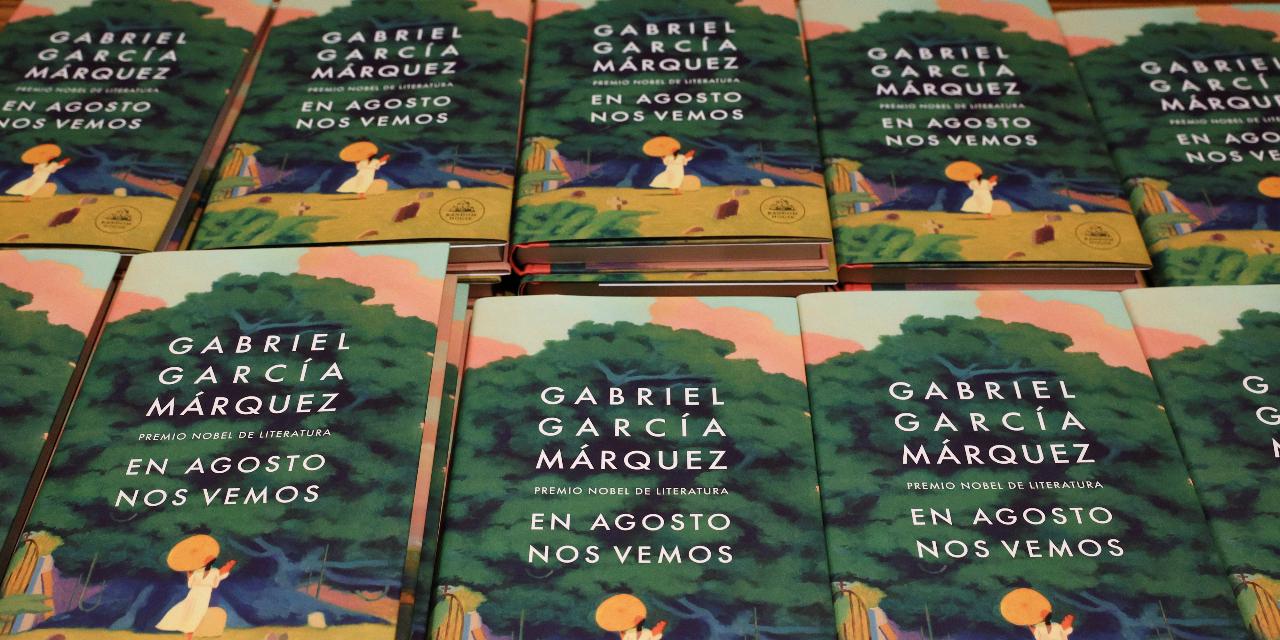New Garcia Marquez novel launched 10 years after his death
Published March 6, 2024 4:12pm Copies of “En agosto nos vemos” (Until August), the posthumous book by Colombian author and Nobel Prize winner Gabriel Garcia Marquez, are displayed during its presentation, in Madrid, Spain, March 5, 2024. REUTERS/Violeta Santos Moura MADRID — Gabriel Garcia Marquez died a decade ago, but a previously unpublished book by the […]



MADRID — Gabriel Garcia Marquez died a decade ago, but a previously unpublished book by the author who popularised the Latin American “magical realism” narrative genre will hit the stores on Wednesday, somewhat despite his wishes.
At a presentation in Madrid on Tuesday, his sons, Gonzalo and Rodrigo Garcia Barcha, unveiled the 120-page novel “Until August” written by the Colombian-born Nobel Prize winner in 2004.
It will be released in Spanish on Wednesday, which is Garcia Marquez’ birthday, and on March 12 in English, according to publisher Penguin Random House.
Before his death in 2014 aged 87, Garcia Marquez said the book was useless and should be “destroyed”, but his sons and his agents reviewed the various manuscripts and considered them to have a literary value that may not have been perceived by the author in the last few years of his life, marked by memory loss.
“For me it means that all of Gabo’s work has been published, that nothing is still pending and that in that sense he has closed a cycle,” Gonzalo Garcia Barcha told a news conference, using the name Garcia Marquez affectionately went by across Latin America.
Garcia Marquez was best known for “One Hundred Years of Solitude”, a dream-like, dynastic epic that helped him win the Nobel Prize for Literature in 1982.
The new book tells the story of Ana Magdalena Bach who every August takes a ferry to an island to visit her mother’s grave, and there takes a new lover for one night.
His family considers that the book, although left unpolished by Gabo, still carries the author’s recognizable beautiful prose and his deep knowledge of the human being. —REUTERS














